
一個有待成長的高中生
Adèle Haenel: In the face of structural violence, she refuses to be silent.
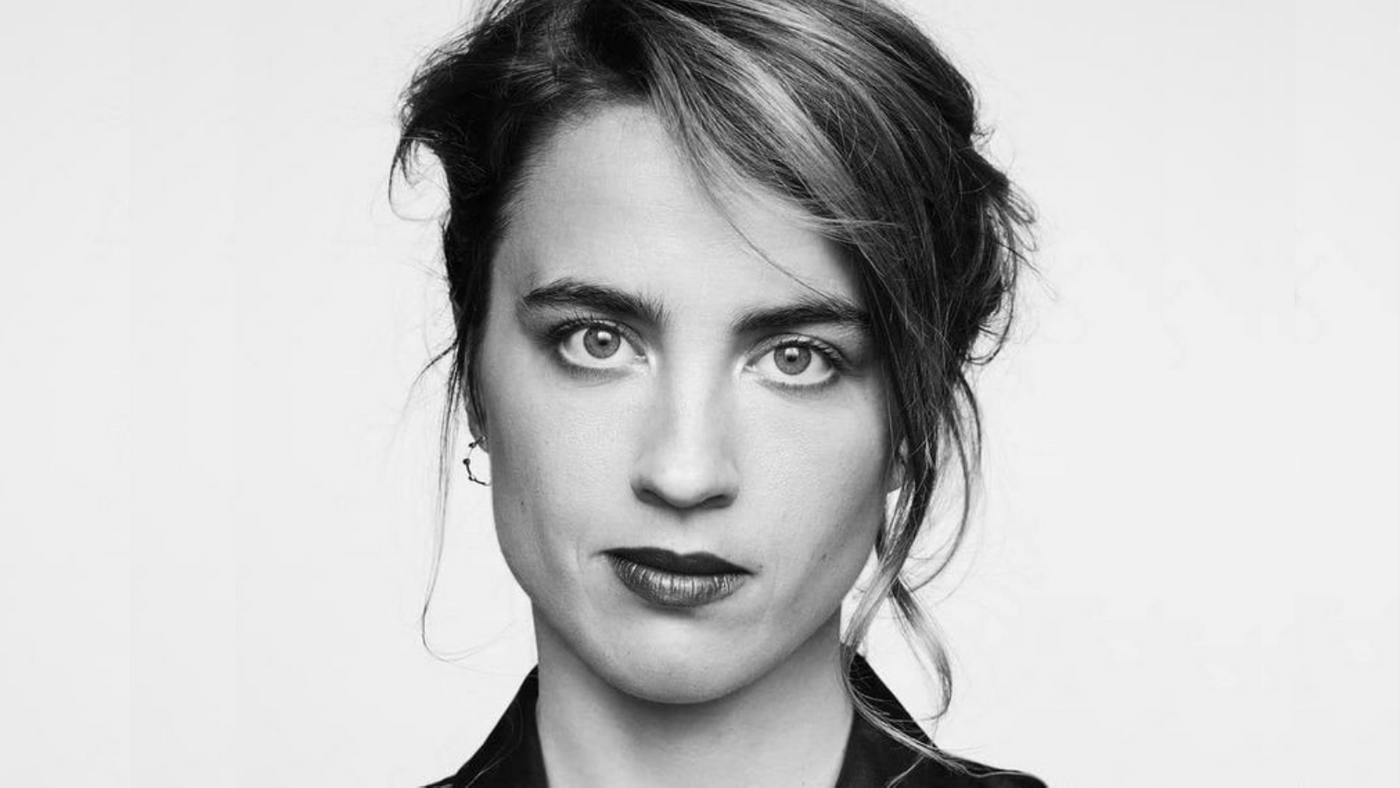
▍The French actress withdrew from the film industry
"For me, leaving it was a struggle."
Caesars actress Adèle Haenel, 33, has been away from the film industry since 2019 and has not worked in film for three years. She is now focusing on theater performances and actively participating in social movements. She talked about this decision in a recent interview. .
Haenel was originally scheduled to work on director Bruno Dumont's new "The Empire," but she said the script was full of jokes about cancellation culture and sexual violence. "I tried to discuss this with Dumont because I thought there was room for discussion. I wanted to believe it was not intentional countless times. But it was intentional. This disregard was intentional." Unable to reach a consensus with the director, she Eventually quit the movie.
"I don't make movies anymore," Haenel said, "for political reasons. Because the film industry is reactionary, racist and patriarchal."
Haenel said that while she was trying to change the problem from within, it was time to turn to an area that would foster real change, and if she stayed in an industry so structured, she would be "the feminist guarantee of a patriarchal industry," so She opted out.
Still, Haenel is still likely to act in independent films again, stating that she "will only work with new artists, and the only known director I would work with again is Céline Sciamma, because our relationship goes beyond the professional realm."

▍Sexual Assault Films and Social Responsibility
It's no surprise that Adèle Haenel would be so disappointed in the film industry.
"Battlefield" Jewish director Roman Polański was accused by 63-year-old German actor Renate Langer and five others of sexually assaulting them in the 1970s, many of whom were underage .
However, Polański did admit to a 1977 case of sexually assaulting a 13-year-old girl. He admitted to sexual intercourse with her, but denied adultery. Before the final trial, he fled to France and became a wanted man in the United States. In 1984, Polański gave a candid account of the case in his autobiography. Four years later, the victim was awarded $500,000 in a civil lawsuit. She claimed that Polański had begged her forgiveness, and she forgave him. To Polanski's supporters, that meant the case could be closed.
In 2019, he directed the film "I accuse" (Taiwan translation: Officer and a Spy), adapted from the novel "An Officer and a Spy", about the historic Dreyfus incident: a Jewish-French military officer Alfred Dreyfus In the French society with a strong anti-Semitic atmosphere, he was wrongly convicted of treason.
“I sometimes find myself going through the same moments in the story (of the film) where I can see the same determination to deny and condemn what I didn’t do. Most of the people who harassed me didn’t know me, and I don't know anything about this case."
In an interview, Polański mentioned that this is also a projection of his "Jewish experience" during World War II and the "sexual assault scandal" under the new feminist McCarthyism , as if this is also his own "complaint".
Polański believes that he has become a victim of "deprived of his own narrative" under the new feminist McCarthyism, and his opponents also believe that the victims of Polański's sexual assault case are "deprived of their own narrative". The confrontation between the two parties seems to be difficult to clearly divide into good with evil.
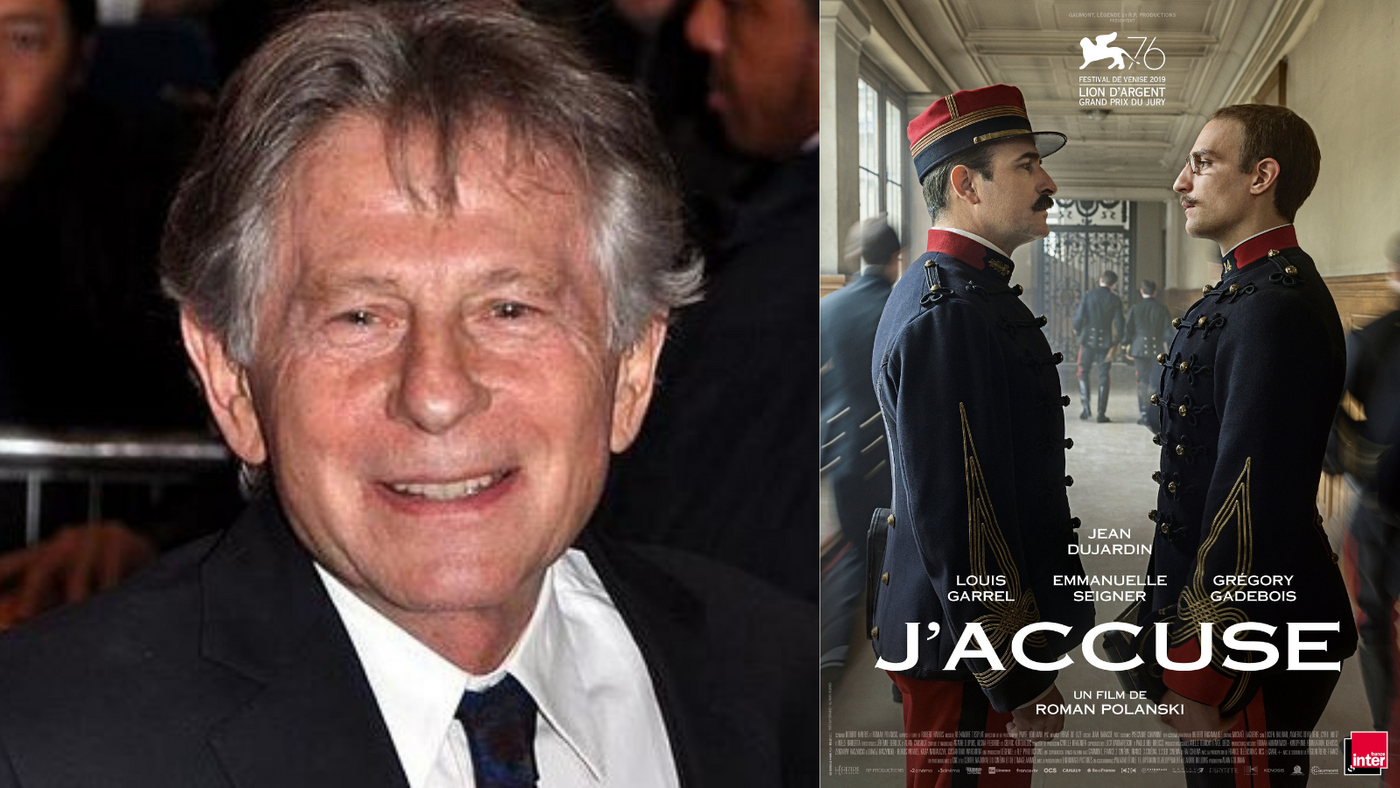
"Should the creator be viewed separately from his work?"
A few days before the film's release, Haenel discussed the "Polański controversy" and the collective responsibility behind it through the film, "Monsters do not exist, it is our society that is deformed. Everyone needs to examine themselves." , feminist groups and some media also launched a boycott, forcing the film to adjust its publicity strategy and cancel many of Polański's own media interviews, but "I Complain" still achieved beautiful results, and was announced in January 2020 The Cesar Awards There were 12 nominations on the shortlist.
In February 2020, 400 French filmmakers published a petition in Le Monde, demanding reform of the selection rules for the Caesar Awards, a more democratic and transparent operation, and more women (currently only 35% of the members of the French Film Academy) and Involvement of non-white filmmakers. The ongoing 'Polański controversy' has forced the Kaiser Awards' board of directors to collectively resign. Alain Terzian, the current chairman of the Caesars Awards, promised that after the Caesars Awards ceremony on February 28, the principle of equal proportion of men and women will be followed, and the members of the film academy will be re-elected in an all-round way.
Polański did not attend the Cesar Awards on the day of the awards. "I Complain" won two awards for Best Costume Design and Best Adapted Screenplay, but no one came to the stage to accept the award. The breaking point of the incident was when Polański was awarded the best director award for the finale at the Cesar Awards. As soon as the award was announced, Haenel left angrily , and the director and crew of "The Picture of a Burning Woman" also left to join the outsiders. Protest crowd.
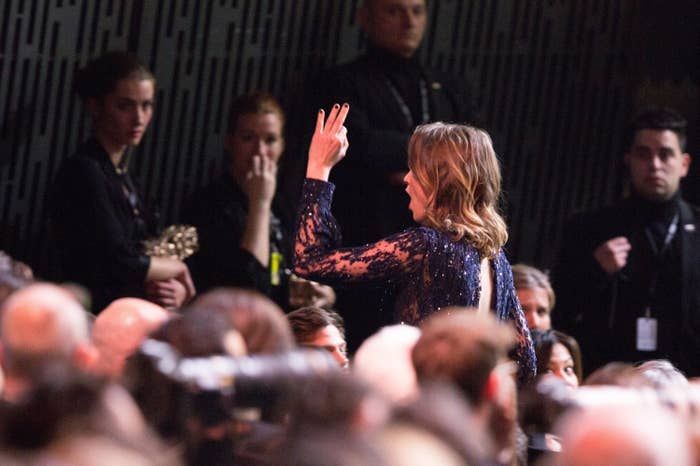
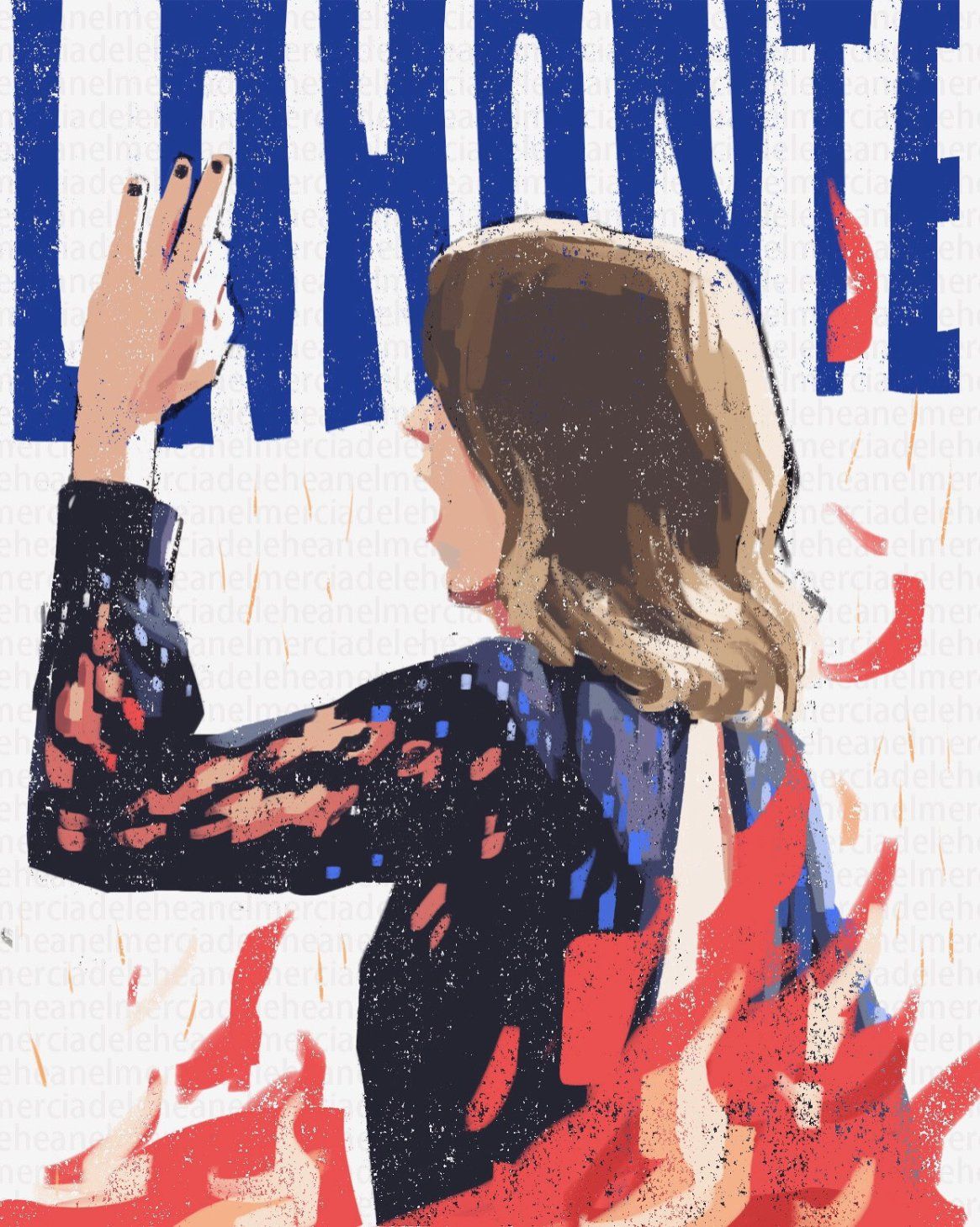
In addition, "Portrait of a Burning Woman" was shortlisted for 10 awards at the Caesars Awards, and finally only won the Best Photography Award. This move is considered to be a humiliation of "Portrait of a Burning Woman" by the Caesars Awards. Netizens mentioned that this It seems to be announcing that this movie is only "good looking". Under the various operations of this Caesars Award, it is difficult not to question the intention behind it.
This incident was met with public opinion in French society. Florence Foresti, the host of the ceremony that night, posted a limited-time Instagram post with only two words "disgusting" written on the picture. The feminist organization jointly published an open letter in the newspaper, writing: "If Rape is an art, so please give all the Caesars to Polański.” But there are also defenders. Veteran movie star Brigitte Bardot, who has criticized the #MeToo movement in the past, tweeted a handwritten letter emphasizing her gratitude for Polański's presence, "Saving movies from mediocrity […] Judge him!"
French Culture Minister Franck Riester, when asked about the matter by France Info, said he believed that the artist and his work should be treated separately, but he also pointed out that "I Complaint" could be awarded the highest award as a "collective creation". Best Picture, Polański winning Best Director could "send a negative message", "because everyone has to be aware that we have to fight sexual violence and sexism."
On March 9 of the following year, the current Caesars host, Marina Foïs, mentioned on a TV show that she had proposed inviting Adèle Haenel to present the Caesars award, "For me, I would suggest Adèle Haenel. It’s normal to come, Eric Toledano, the current vice president of Caesars, said we have to get rid of this toxic atmosphere. It’s not about what to exclude, but what to include.” But ultimately Haenel declined for personal reasons.
▍Resolved to complain about childhood trauma
Adèle Haenel was also a victim of underage sexual harassment.
In November 2019, the French media Mediapart released an investigative report, in which Haenel accused Christophe Ruggia, the director of her first film "The Devil's Child", of harassing her from 2001 to 2004, when she was 12 to 15 years old. long-term control and sexual harassment . The detailed investigative report took more than seven months, interviewed more than 30 people, and gathered numerous documents and testimony to support Haenel's allegations.
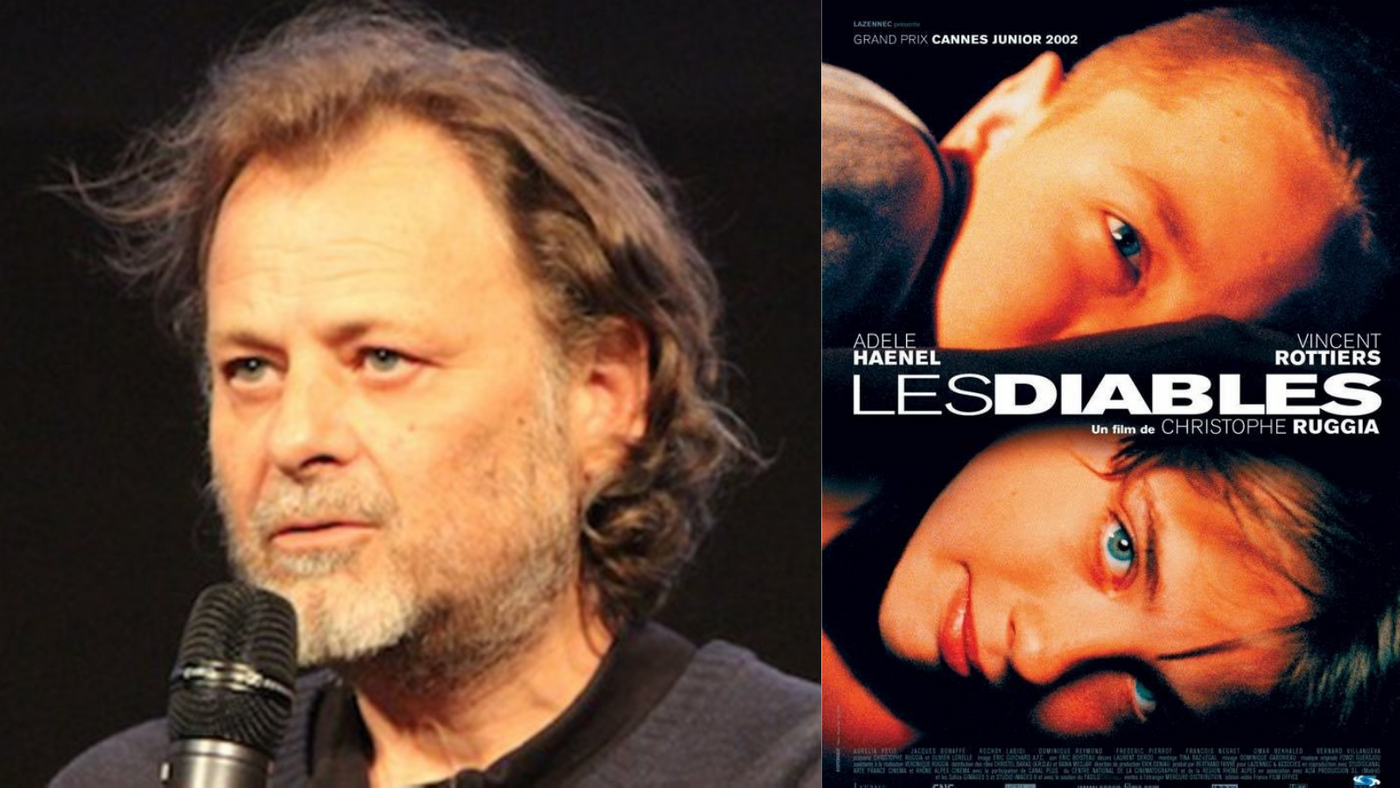
Due to the large number of testimonies, it is impossible to describe them all here, but we can find many commonalities in these testimonies, that is, Christophe Ruggia's strong "intimacy", "exclusivity" and "dominance" for the two starring children.
Ruggia has said that during the filming and promotion, the children were separated from their families for nearly a year, so "there was an unimaginable bond between the three of us," he said.
Many also said they were puzzled or disturbed by Ruggia's too intimate physical contact with the young actor. In addition, he does not allow other staff members to interfere between him and the child actors, and often allows them to watch movies in private at his house in the name of "film education", especially with various "special treatment" for Haenel.
Vincent Rottiers, who plays his brother in the film, said that Ruggia was a little jealous of spending more time with Haenel, but he thought it was because Haenel played autistic, and now looking back on him, he was different idea. Christophe Ruggia's ex-wife Mona Achache said he confided to her in 2011 that he was in love with Haenel and made an outrageous move.
Haenel tells in detail how, at a young age, his feelings towards the director gradually changed from "admiration" to "discomfort", to "depression", "fear" and even "suicidal thoughts".
She described Ruggia as "clinging to me, kissing my neck, smelling my hair, stroking my genitals down my thighs, then starting to put her hands under my T-shirt and close to my chest. He was so excited, I put He pushed it back, but that wasn't enough, I had to keep changing positions." She said, "I know it happens every time, I don't want to go there, I'm really sad, I feel dirty, I even want to die. But I had to go there and he was kind to me."
Haenel wrote to the director in early 2005 that he "didn't want to go to his house again" and "decided to suspend his film career". Ruggia brought Haenel into the world of film, Haenel loves acting, "But for me at the time, the director represented the film," "He made me stand on the stage of the film, without him I was no one, I fell into In an absolute emptiness."
Haenel, who has been reluctant to file a public complaint about the experience for years, made up her mind in the spring of 2019 when she watched the documentary "Escape from Neverland," about child sexual abuse, and discovered that Ruggia was working on a new film, "Birth of a Butterfly." ", and "The Devil's Child" also features two minors as the protagonists, and even the protagonists have the same name.
"It's really going too far. This feeling of letting the criminal get away with it, to me, means he's completely denying my story." She also fears that what happened to the two teenage actors will be repeated.
"Devil's Children" depicts the incestuous relationship between two runaway orphans, Joseph, and his autistic, mute, and hypersensitive sister (Adèle Haenel), interspersed with nudity . Ruggia makes no sense that the film is partly autobiographical , describing it in an interview as "a compromise between two of my best friends and the hard realities I've been through."
The script of The Birth of a Butterfly obtained by French media Mediapart is also full of questionable content. These include dangerous relationships, sexual harassment in secondary schools, relationships between adults and minors, and cases of "rape of minors." Like Ruggia's other films, the film is described in funding documents as " partly autobiographical , strongly inspired by the director's adolescence." The producers, after learning of the sexual harassment investigation, froze the project and explained that they would no longer be working with Ruggia.
The event received a certain level of attention and reverberation, and Haenel saw public speaking as a new kind of "political engagement." "My current situation, including material ability, job stability, and social status, makes me no longer accept silence. Even if such a label will stick with me for the rest of my life, even if my acting career is forced to end after this, I will accept it. . I have taken up my duty to fight." She hopes to use her testimony to support victims of sexual violence.
"It's not that I'm brave, it's that I've made up my mind. Telling the truth is a way of telling the world that we're alive."

▍Social issues behind the incident
"Monsters don't exist, it's our society that is deformed," Haenel said in an interview about the Polański controversy.
Many of the testimonies in the Ruggia controversy have found something wrong, but tragedy still occurs. The reason why people "closed their eyes" and "doesn't actively stop it" is precisely because the director is also the boss, because people dare not challenge authority. Another reason is the moral lines blurred by the name of art.
The same is true for the Polański controversy, but even if the division between the work and the author's personal morality is still a "difficult to give a correct answer" issue, but today the Caesars Award moved the "Best Director Award" to Ruggia, I think this has been beyond the scope of this issue. The 2020 Caesars Awards are "the last vote of the old members". Under various operations, it is really hard not to question their intentions. It is like a confrontation between "leftists" and "rightists", which also represents society's opposition to sex. attention or indifference.
Whether it is sexual harassment, sexual assault, or any kind of violence, in addition to the immediate damage to the victim and the permanent trauma left, judicial justice is as important as the public response, which reflects the social atmosphere, system, position and power, and has a negative impact on the victims. will have a profound and permanent impact.
"So we're not trying to get rid of anyone, we're trying to change that," Haenel once said.
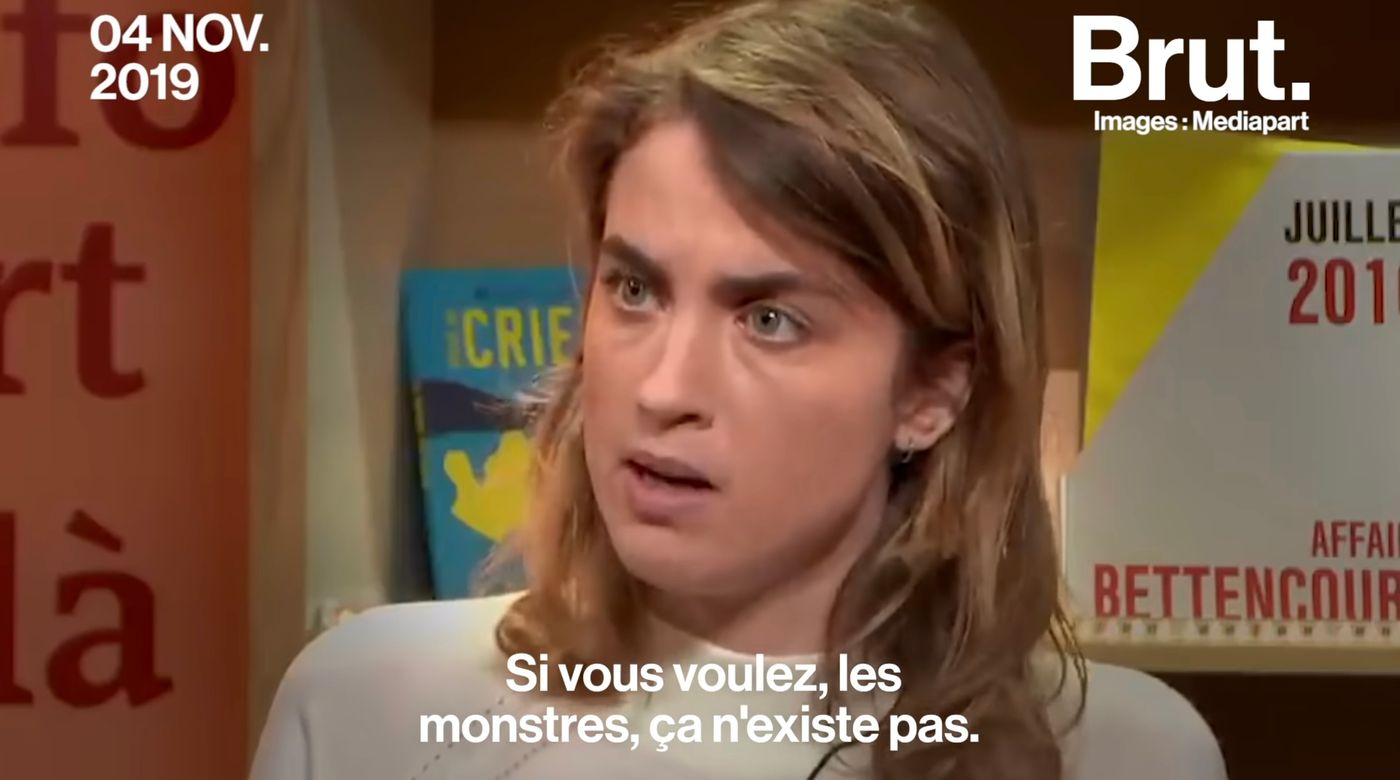
"American director Woody Allen was boycotted in the US after his adopted daughter accused him of lewdness, but in France he released his new film as usual without public criticism. The famous French director Luc Besson has been accused of sexual assault or harassment by five women in real names or anonymously, and his work is still popular. French director Jean-Claude Brisseau was sentenced to one year in prison with a suspended sentence for forcing an actress to audition for an erotic scene, but hundreds of French filmmakers published an open letter saying Brisseau was "just a wounded artist". " “The flow of eroticism in the public space has become a social etiquette, and through the long-term catalysis of court love in the 12th century and salon gatherings in the 17th century, it has evolved into a deep-rooted cultural tradition in France, and has even been sublimated into aesthetics by literary and artistic works. […] The #MeToo movement, which emphasizes the norms and boundaries of gender interaction, is naturally regarded as a puritanical ideology of asceticism, and it is considered to be a cultural cleansing of France by taking advantage of the hegemony of the Internet and American discourse.” ——From the article "Sexual assault scandal director wins: Me Too movement in France"
A culture that favors lust and masculine pursuits, and is conservative and lacks the power of young people in the film industry. France's national conditions and industrial structure seem to make such incidents more difficult to tell and pay attention to. I think that's why Haenel is so rebellious against structural violence that he even decided to stay away from the French film scene. In the three years since she left, she has become more involved in social movements than ever before.
"I've been working on telling this story for over two years and I really don't regret it, it's the biggest thing I've ever done in my life."
Adèle Haenel, originally a promising first-line actress in the French film industry, has been disappointed by her film experience over the past ten years. The directorial domination started in 2001 planted the seeds in her heart. The issue of "the award leaving the seat" has become a flashpoint and a turning point.
Haenel has no new film work since then. It is the second time after more than ten years that she decided to stop her film career, which is really regrettable by fans, but her courage and action are also admired and encouraged by everyone, even if she reappears in Silver Light On-screen opportunities are running low, and Haenel still shines in theaters, interviews, petitions, parades, and other arts and social events.

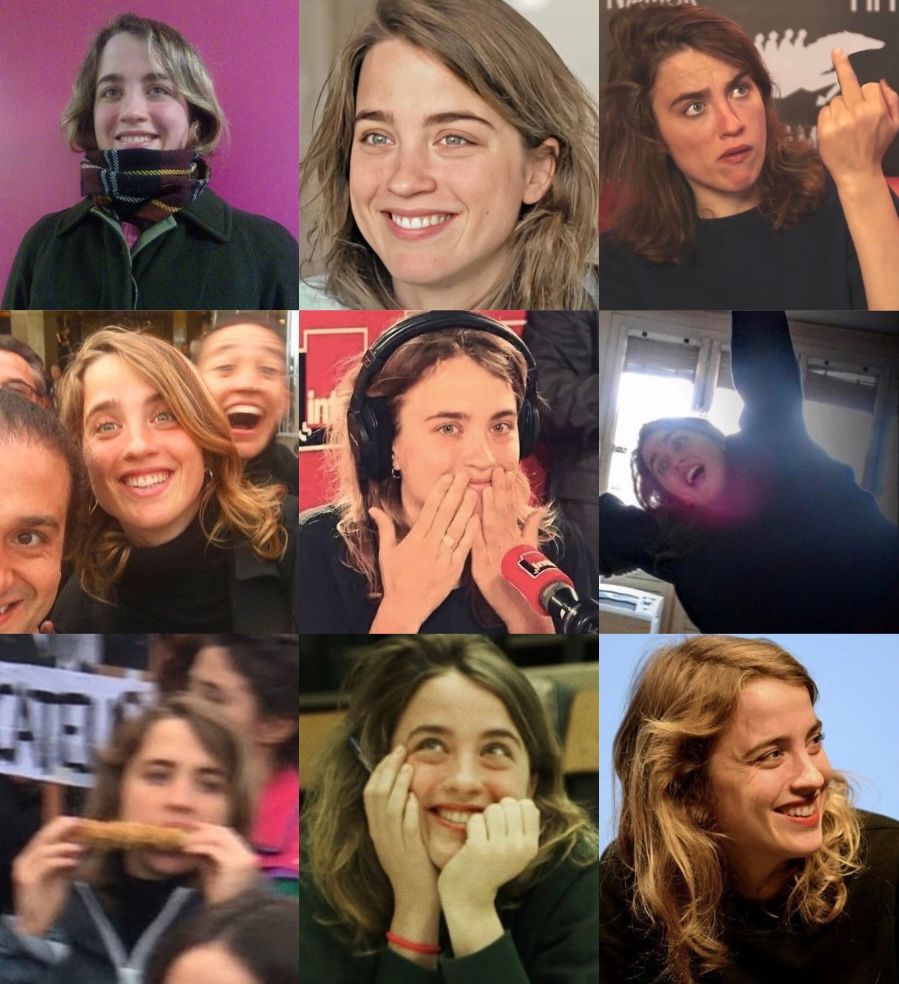

Adèle, we love you ❤️
Like my work?
Don't forget to support or like, so I know you are with me..
Comment…